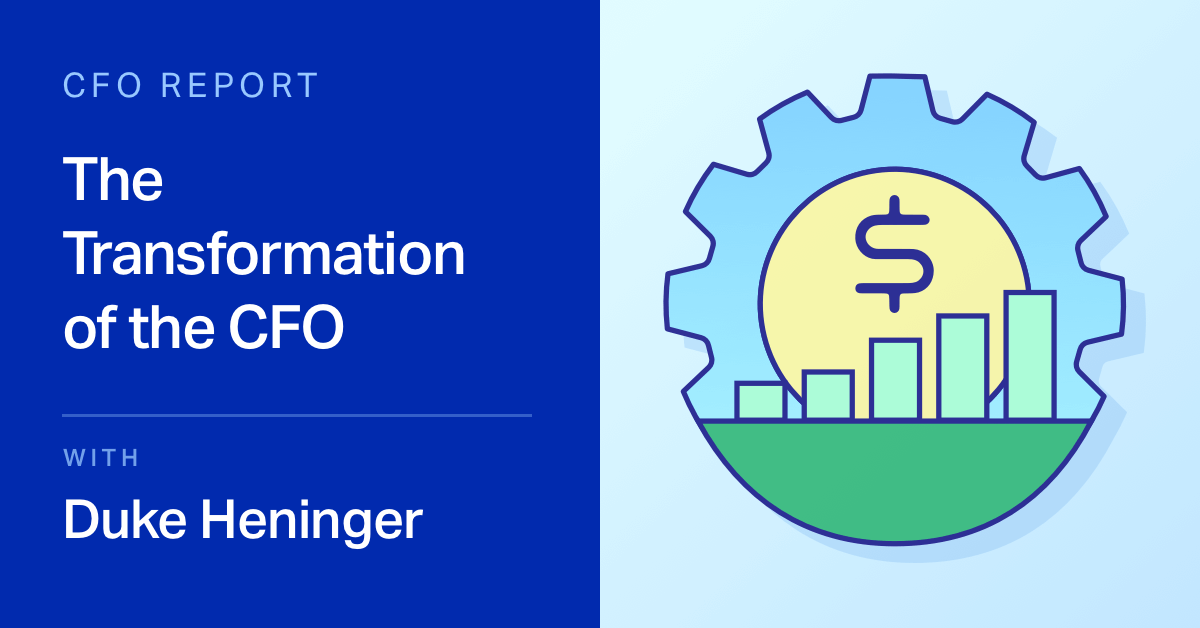In the past decade, sustainability has transitioned from a company value to a key business strategy, and the commitment to Environmental, Social, and Governance (ESG) practices now impacts companies' ability to obtain funding. According to the PwC Corporate Directors Survey, almost half of the top asset managers and investors worldwide have reported that they would be willing to divest from companies that fail to complete ESG best practices.
In the past four years, ESG investment increased 55%, with $35.3 trillion invested in sustainability efforts in 2020.
Shareholders, regulators, and lawmakers are pushing companies to disclose their operational sustainability practices. Board members now report that ESG is the number one topic investors want to discuss during shareholder meetings. As investors use ESG measurements to predict company growth and evaluate risk management, there has been rising pressure on CFOs.
While CFOs appear pressured to support ESG practices and select reporting metrics for their companies, they can use this opportunity to reimagine the finance function's ability to contribute to strategic planning and ESG benchmarking.
The finance function can and should take the lead in sustainability efforts.
The prioritization of sustainability offers vast opportunities for finance departments to craft new strategies and capitalize on opportunities to generate cash. Every member of the finance department can contribute to developing ESG strategy:
- CFOs are financial consultants to the CEO, investors, and shareholders. CFOs can take the lead in creating strategies that align with ESG and boldly influence long-term business growth.
- FP&A leaders have an intimate understanding of profit, loss, and operating performance. With this knowledge, they can offer expert guidance to the CFO on how ESG planning and objectives align with present performance.
- Controllers own financial reporting and data storytelling. They help the CFO and C-level executives understand how ESG efforts impact growth and ensure that financial reports contain sustainability-related disclosures for compliance.
- Accounting teams play a fundamental role in evaluating and disclosing sustainability risks. Controllers rely upon accountants for accuracy in auditing to maintain reliable, robust information systems.
CFOs can use financial reporting experience to create comprehensive ESG reporting.
Finance teams have a breadth of experience using data and can leverage their expertise to perform quality reporting. CFOs and finance teams understand how to collect and model data to showcase where the company lands in meeting standards. Companies should prepare ESG reporting with the same level of detail-orientation and precision as financial disclosures.
By connecting financial reporting to ESG, finance teams help position the company as an authority in sustainability. Selecting a reporting framework and benchmarking ESG can expose areas to reduce waste, implement risk mitigation, and lower the cost of capital with green financing practices. By understanding ESG performance, finance teams can revisit their capital allocation to take part in opportunities that bring financial returns, environmental benefits, and greater accountability.
ESG is Turning the Future of Finance Green
As ESG strategies become widely adopted, it is reasonable to anticipate new regulations to standardize and manage disclosure practices. Forward-thinking finance teams are preparing themselves by developing frameworks for ESG reporting within their teams. By approaching ESG reporting with precision, finance teams offer investors transparency around their operations and visions for long-term business growth. The organizations that will win in the long run will begin developing a foundation for evaluating, implementing, and reporting their ESG strategies to increase their brand equity, differentiate themselves from competitors, and secure investment.



-1.png?width=620&height=620&name=1600x1600_Cover%20(1)-1.png)


